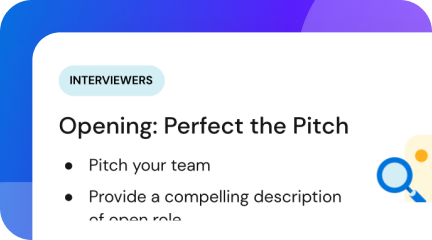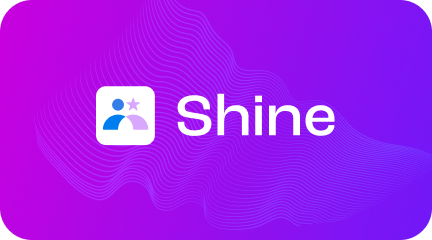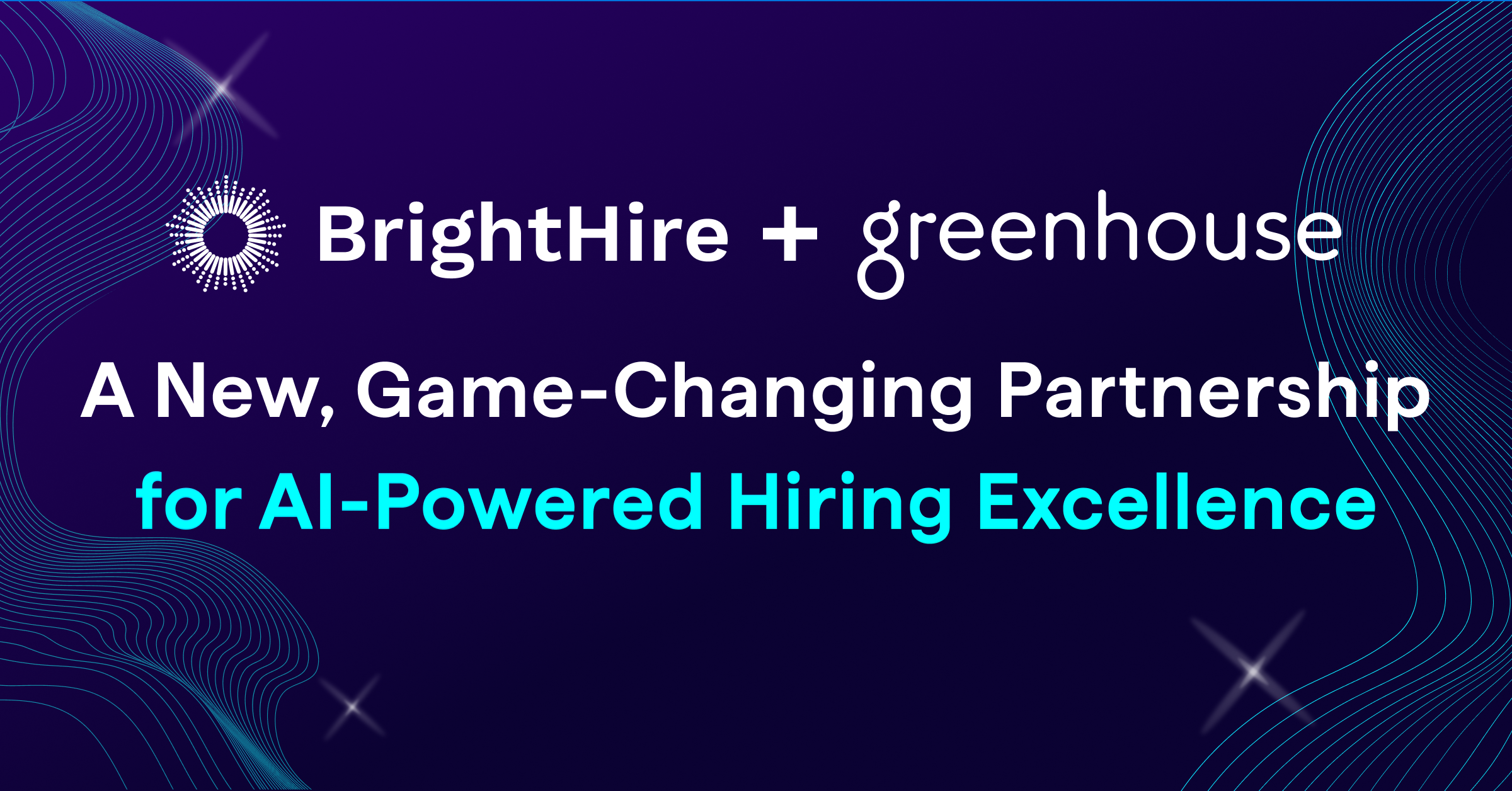Despite more than 4.3 million Americans taking part in the “Great Resignation” (as of August 2021), many companies are struggling to fill open roles, forcing many to settle for their second (or third!) choice candidate as ideal candidates decline offers.
After dedicating your team’s valuable time and resources to find, vet, and interview candidates, you want to be confident that your first-choice candidate will accept your offer. If you’re struggling to hire ideal candidates, it can be tempting to re-write your hiring process from scratch. But there’s a better approach.
Every component of a successful hiring process requires cooperation across your org. Start by examining — and improving — your employer brand. Then, combine those observations with applicant feedback and build a positive candidate experience, using clear communication and the right tools, that empowers candidates to accept your offer.
How should you define “candidate experience?”
The candidate experience represents a job seeker’s cumulative interactions with your company — from first contact to last. This includes every communication across team members, brand assets, software, and interviews. These interactions can provide valuable insights into improving your talent acquisition strategy and elevating your candidates’ experience.
Why Is candidate experience so important?
A 2015 LinkedIn survey found that 77% of potential candidates say the interview experience is a major factor in whether or not they opted to join a company. Put differently, more than 3/4 of candidates see candidate experience as a significant indicator of whether or not they should join a company. And 87% of candidates shared that a “positive interview experience can change their mind about a role or company they once doubted.”
Other statistics show that a candidate’s experience is invaluable for winning their confidence and eventual hire and cultivating a stronger experience for the next applicant. For example, 80% of candidates assume that their resumes are never even reviewed, and 23% of candidates lose interest in a job if they don’t hear back from employers within one week. And while learning from candidate insights can improve your acquisition strategy, making sure that the experience is positive requires additional work. By focusing on transparency, equity, right-fit, effort, and continuous improvement, you’ll be equipped to create a more open, equal, and candidate-centered interview experience.
The role of hiring managers
Hiring managers, in particular, play a crucial role in cultivating a positive candidate experience through the interview process. But, don’t forget: Interviews are about more than your intentions and practices as a hiring manager. They’re also about the impression (of your culture, team, and company) the candidate receives during the interview itself. Of course, the most significant impression the candidate gets about your company comes from you.
How you communicate, the questions you ask, and even the body language you convey tells the candidate about your overall team and culture as well. So, while we know an efficient, in-depth interview process helps you hire better candidates, how do you implement the changes needed?
Improve the interview process to elevate the candidate experience
As a prospective employer, your job is to create a welcoming environment and leave interviewees with a positive impression of your interview process, culture, and company. By implementing three critical changes to your interview process, you can have confidence that you’re treating candidates with the respect, dignity, and transparency they deserve, whether or not they’re hired.
1. Make your first impression count
You set expectations for your company and the open role by clearly communicating position responsibilities and salary expectations. To do this effectively, you must be well-informed, know your value proposition, have a solid understanding of what you’re hiring for, and be able to speak to the larger company culture. Being vague regarding salary range or title can be a red flag to potential applicants and signal internal communication challenges.
2. Have the right tools
Technical tools and software are the foundation of your recruiting process. They establish consistency across your interview process steps, deliver insights on candidate performance, and help you scale your operations with any size team. Importantly, they also reduce the likelihood that a candidate has to wait an extended length of time for an update from your recruiting team.
3. Focus on interviewing as a team effort
Providing complete visibility into the hiring process ensures that the candidate is taken out of a silo and put in front of a team. With multiple people involved in the role-building, application, interview, and consideration stages, you can reduce interview fatigue and time-to-hire while improving the candidate experience.
Post-interview excellence
You’ve rocked the interview and left the candidate with a positive impression of your company, but this doesn’t guarantee their fit for your open role or team. A full-circle perspective is needed to objectively measure candidate experience and learn how you can improve it. Whether or not you decide to extend an offer, sending candidate experience surveys to all interviewees provides valuable insights into your interview experience, like how candidates view your brand and how effective your recruitment process is.
Optimizing candidate experience surveys
While candidate experience surveys can be extremely valuable, they’re useless without the right questions. Questions should minimize bias and maximize data by focusing on the candidate’s point of view. For example, “How did our communication live up to your expectations?” or “What information was missing from our career site/job pages?”
When in doubt, team up
Despite your best efforts, it’s impossible to perfect the hiring process. While creating and maintaining an ideal candidate experience is crucial to hiring success, it’s no easy task: continual refinement is necessary. Thankfully, technologies like interview intelligence platforms and team-building advancements make it possible to lighten the load of the traditional hiring process without slowing it down. According to Forbes, 56% of surveyed managers plan on adopting automated hiring technology in the next twelve months. Evolving with the times is crucial for not just keeping up but to staying ahead.









